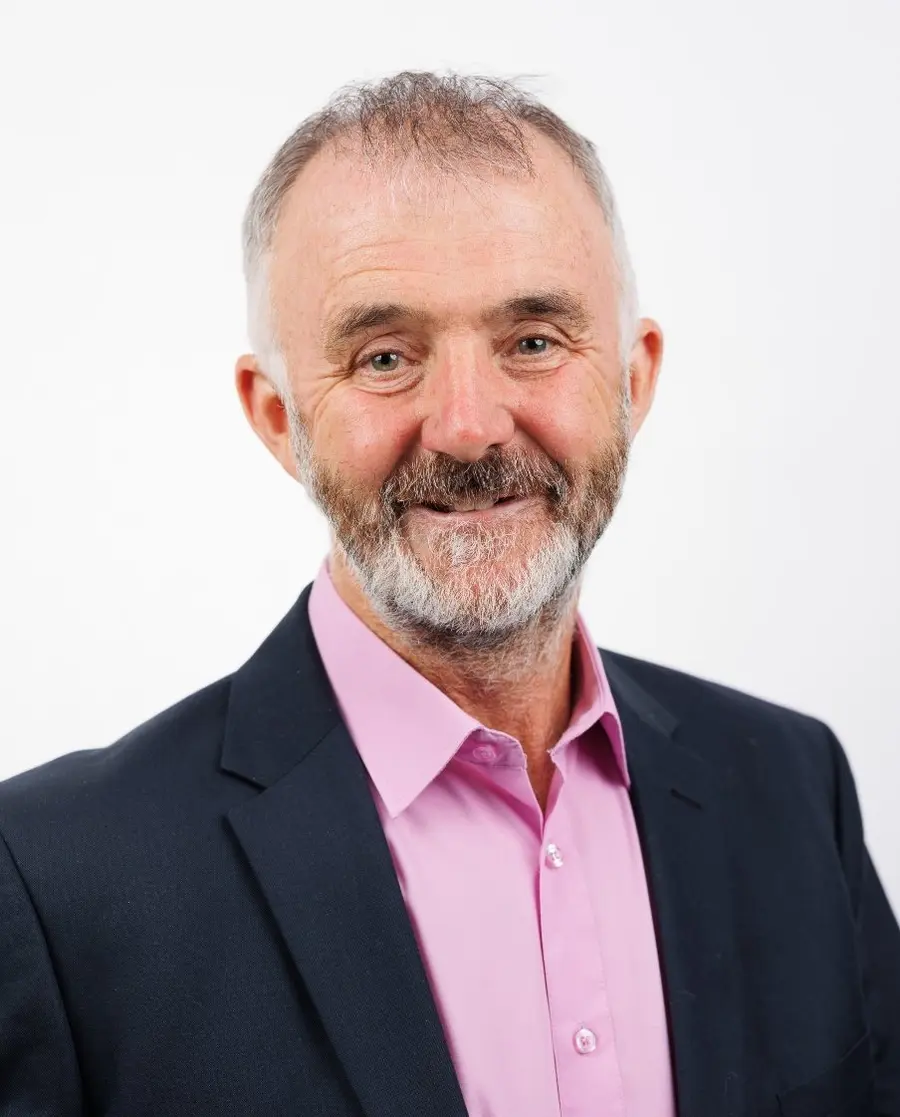Barry Phillips (CEO) BEM founded Legal Island in 1998. Since then, the company has become the leading workplace compliance training company in the island of Ireland. He was awarded a British Empire Medal in the New Year’s Honours List 2020 for services to employment and equality.
Barry is a qualified barrister, coach and meditator and a regular speaker both here and abroad. He also volunteers as mentor to aspiring law students on the Migrant Leaders Programme.
Barry is an author, releasing his latest book titled 'Mastering Small Business Employee Engagement: 30 Quick Wins & HR Hacks from an IIP Platinum Employer' in 2020 along with Legal Island MD Jayne Gallagher.
Barry has worked at the European Parliament, the European Court of Human Rights and the International Labour Organisation in Geneva before qualifying as a lawyer in 1993.
He has travelled extensively and lived in a total of eight different countries considering himself to be a global citizen first, a European second and British/Irish citizen last of all. His guiding mantra in life is “Never react but respond. Get curious not furious.”
Barry is an Ironman and lists Russian language and wild camping as his favourite pastimes.

This week Barry Phillips considers the evolving shape of HR in the fast moving world of AI.
Transcript:
Hello Humans!
And welcome to the podcast that aims to review each week in five minutes or less an important AI development relevant to HR. My name is Barry Phillips
Today we’re considering the evolving role of HR in the new world of AI.
Now, all the research at the moment seems to point to the same uncomfortable truth: there’s a dearth of leadership in many organisations when it comes to AI. In fact, a recent Legal Island poll of HR professionals across 50 organisations revealed their biggest AI concern wasn’t robots stealing jobs, or dodgy algorithms… but a sheer lack of direction from the C-Suite — or the public sector equivalent.
So, where does this leave HR? Well, I’d say it comes down to the three Cs: clarity, certainty, and collaboration.
If there’s one thing every senior HR person needs right now, it’s clarity from the top — clarity about their exact role in making AI work in the organisation. No fog, no waffle, no “we’ll figure it out later.”
Then we’ve got certainty — a clear framework around compliance, policy, and risk so we’re not making it up as we go along. And finally collaboration — because AI isn’t a solo sport. It requires HR, IT, Legal, and yes, even Finance, to get on the same page.
So what kinds of AI are we actually talking about here? I’d argue there are three buckets.
First, we have traditional AI. That’s the stuff handling processes and automation. Sometimes HR leads this, but more often it’s the digital transformation team or external experts parachuted in.
Second, there’s Generative AI — and this is where HR is very much in the game. Think employee upskilling: choosing the organisation’s main large language model, whether that’s Microsoft Copilot, ChatGPT, or something else. Making sure people know how to use it safely. And, importantly, deciding which other tools to trial in HR itself — things like Synthesia for video, 11Labs for voice, or Google’s Notebook LLM.
Third, and here’s where it gets interesting, we’ve got AI Agents — sometimes called agentive AI. This is new territory for HR. It means overseeing the development of AI assistants, and helping employees learn how to manage them. And it’s making us rethink what we mean by the “hybrid worker.” Up to now, hybrid meant office plus home. But in this new world, it might mean human plus AI assistant, working together.
So where does this leave HR strategically? That’s the million-dollar question. Do we want to play a supporting role — helping other departments figure out their AI? Or do we want to sit at the very centre of this transformation, shaping the whole approach? Are you HR or HR plus Chief AI Enablement Officer?
Because either way, HR will be pulled in. Whether it’s to train, to reassure, or to regulate, colleagues will be looking our way. And if we don’t step up, someone else will.
So, to wrap up: the role of HR in AI is about more than policies and training sessions. It’s about providing clarity, certainty, and collaboration when others can’t — or won’t. And right now, that makes HR one of the most important players in the AI conversation.
Thanks for listening. Until next week.
Bye for now




